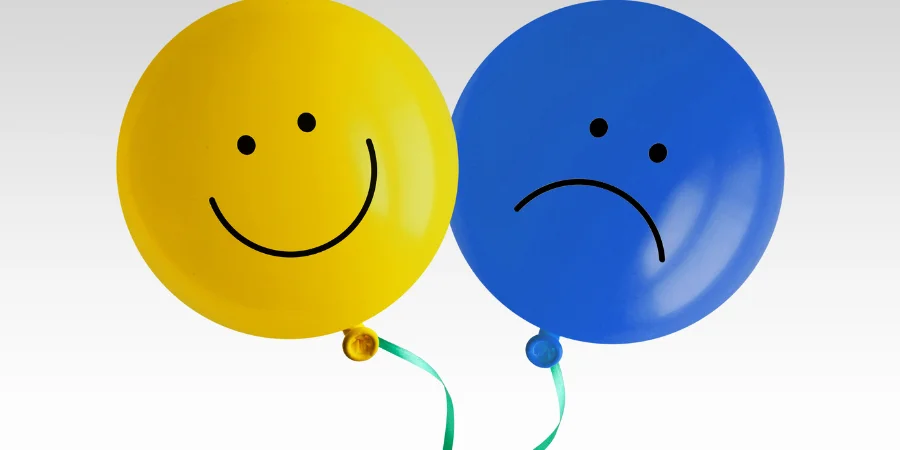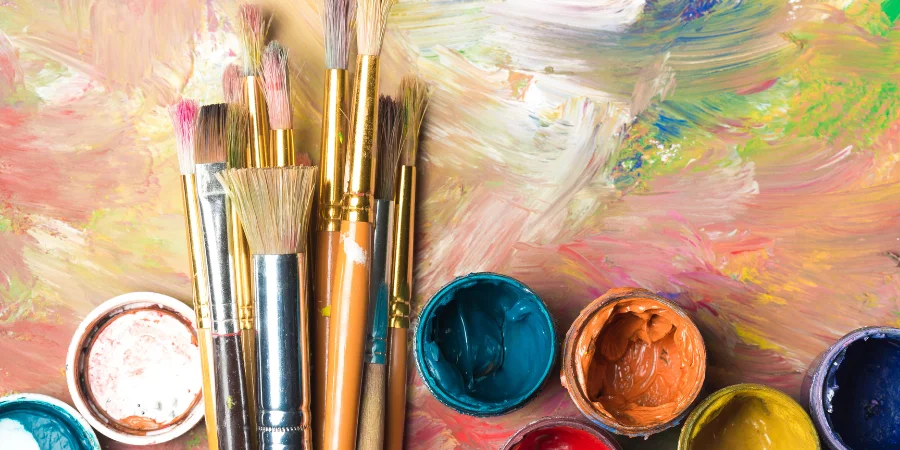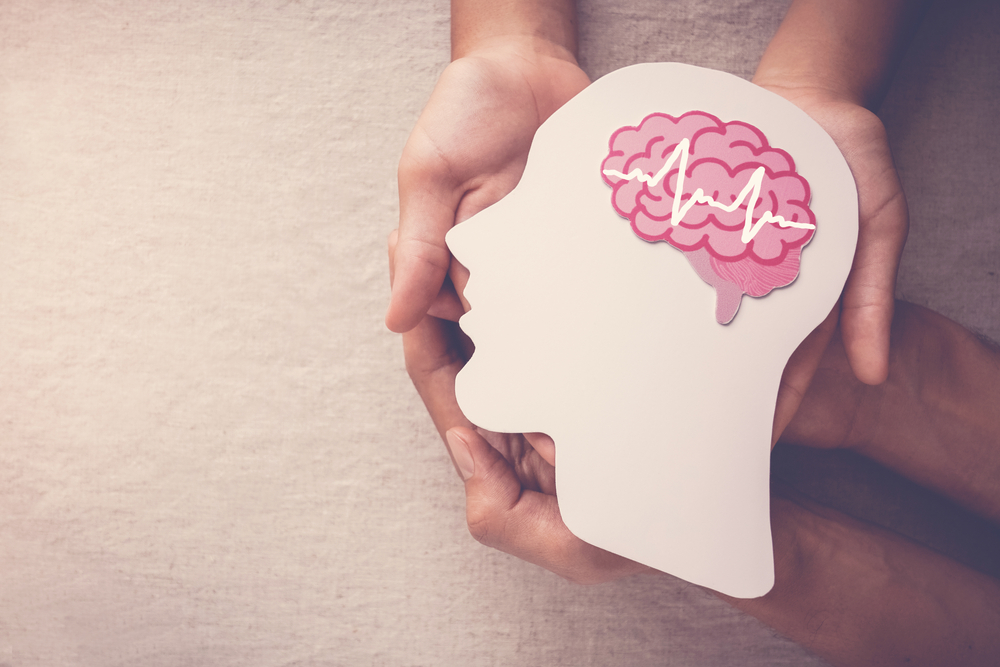Last Updated:
August 13th, 2025
Bipolar and Addiction | Symptoms and Treatment
When it comes to co-occurring disorders, bipolar disorder and addiction often go hand in hand; roughly 60% of people who have bipolar disorder will struggle with substance addiction at some point in their lives. This may be because people with bipolar disorder are more likely to experiment with drugs and alcohol to cope with unpleasant symptoms of bipolar disorder.
You could say substance abuse works like a pendulum, exacerbating bipolar disorder by swinging it in opposing directions, changing mania to depression and vice-versa. This may serve as a quick short-term fix, but its effects are counterproductive and damaging in the long run. Therefore, to overcome substance addiction, we must find appropriate ways to manage bipolar disorder.

What is bipolar disorder?
Bipolar disorder is a mental illness that many people have heard of but few truly understand. It is often associated with intense mood swings. Whilst it’s true that people suffering from bipolar tend to experience severe changes in temperaments, there is more to it than that. In fact, there are two different categories of bipolar disorder that medical experts use to diagnose patients.
Two commonly known forms of bipolar are bipolar one and bipolar two, and their individual symptoms can significantly vary. Knowing which category a person fits into is essential for understanding how substance addiction affects their illness and how to go about treating both bipolar and addiction.
Bipolar 1 disorder symptoms…
- Mania (extreme elation in mood and likely to make irrational decisions)
- Euphoria
- Risky behaviour, such as drink driving, substance abuse etc
- Restlessness and irritability
- Excessive energy
- Hyperactivity
- Insomnia
Bipolar 2 disorder symptoms…
- Suicidal thoughts
- Difficulty concentrating
- Extreme tiredness and lethargy
- Low mood
- Irritability
- Shifts in sleep pattern
- Hypomania (less intense episodes of mania)
How are bipolar and addiction connected?
Genetics play a part…
Sometimes, people are pre-disposed to developing bipolar disorder and addiction due to heredity influences. Bipolar disorder seems to have a greater effect on a person’s brain chemicals if they’re genetically more at risk. Furthermore, the brain reacts similarly if the person was to consume drugs or alcohol. Thus, people susceptible to bipolar tend to be more at risk of developing substance addiction too.
Substance abuse is used as self-medication…
One of the more common reasons why people suffering from bipolar develop addiction is the need to soothe the harsh symptoms of bipolar disorder. For example, somebody experiencing bipolar one may be unable to cope with intense bouts of mania and insomnia; therefore, they may use sedative substances such as alcohol, opioids, cannabis or prescription drugs to alleviate mania and bring their energy levels down.
Similarly, a person struggling to cope with the symptoms of bipolar two may turn to stimulant substances such as cocaine, amphetamine, and ecstasy to heighten their low mood. It’s not difficult to see how people suffering from bipolar grow reliant on substances to help them manage their symptoms and cope through life. However, although this method may work in the short term, the effects of substance addiction are not only unhealthy, but they can also worsen bipolar by pro-longing both manic and depressive episodes, and thus create more damage in the long term.
Substance abuse may have caused bipolar…
Studies have shown that substance addiction may contribute to the development of bipolar disorder. Since many substances can have mind-altering effects, the brain’s chemical system can become disrupted. Therefore, the results of prolonged substance abuse can alter the brain’s makeup and eventually lead to bipolar disorder.
Bipolar and addiction: Look out for signs
We know that substance addiction only intensifies the long-term effects of bipolar disorder. So, spotting the key signs early is essential if you think someone close to you is suffering from bipolar and addiction.
How to effectively treat both bipolar and addiction
If you haven’t done so already, seeking immediate medical treatment for bipolar disorder is the first step to treating bipolar and addiction. Your doctor can prescribe you advanced medications that work on stabilising your mood. It’s also best to attend counselling to discuss the mental and emotional effects bipolar can have. If you’re struggling with addiction alongside bipolar, it’s highly recommended you attend private rehab. Private rehab is specially designed for people who wish to recover from various forms of addiction. Since bipolar and addiction is a dual diagnosis, clients will require a highly personalised treatment plan that will address both disorders for optimum recovery.
How Primrose Lodge can help diagnosed bipolar and addiction
At Primrose Lodge, we are dedicated to treating addiction. Our psychologists have experience treating co-occurring disorders, so prior to admission, you will be assessed by our medical experts, who will then create a highly personalised treatment plan tailored to treat both bipolar and addiction.
If you are addicted to a substance, we will help you relieve traces of addictive substances from your body via a specialised detox. You will then be requested to attend various psychotherapy treatments bespoke to your needs.
One of the best therapy treatments for bipolar is Cognitive Behavioural Therapy. This will enable you to process unhealthy thought patterns and find alternative ways to address them. Furthermore, clients can benefit from one-on-one counselling to discuss their struggles with both addiction and bipolar with a professional who will teach them useful coping mechanisms to avoid future relapse. In addition, we recognise that addiction treatment should also comprise your physical, mental, and emotional well-being, so you’ll gain specialised holistic care via the following:
- Individual counselling
- Group therapy
- Family therapy
- 12-step therapy
- Meditation
- Gong bath
- Yoga
- Art therapy
- Mindfulness
- Self-esteem and assertiveness workshops

Let’s get you the help you need
We are confident we can help you kick substance addiction for good. At Primrose Lodge, you will be welcomed to stay in a comfortable and safe environment where you can get the support and attention you need to combat addiction and manage bipolar. The sooner we treat both, the greater the chance of long-term recovery, so don’t postpone treatment anymore. Reach out to us today, and one of our supportive advisors will steer you towards recovery.
Frequently asked questions
- Increased use of drugs or alcohol to cope with symptoms of bipolar disorder
- Needing to take increasingly large amounts of drugs or alcohol to feel the desired soothing effects
- Experiencing withdrawal symptoms when you stop using drugs or alcohol to self-medicate for bipolar disorder
- Experiencing exacerbated bipolar symptoms after using drugs or alcohol
- Continuing to use drugs and alcohol despite these exacerbated symptoms or other negative consequences in your life


